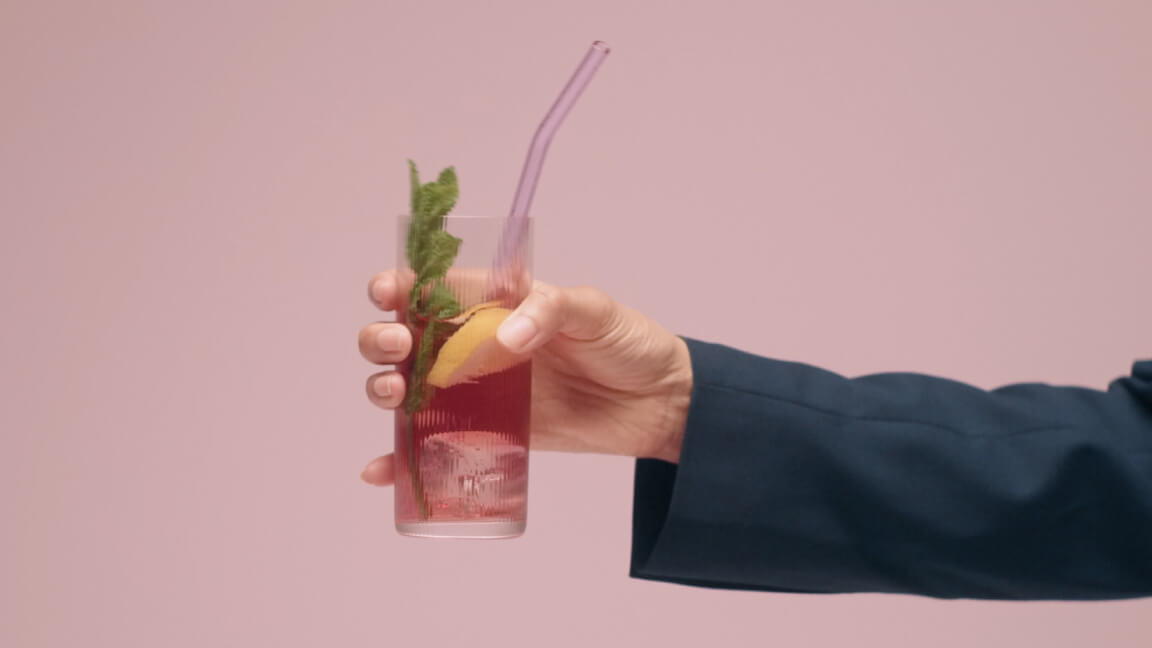Exclusivity in contracts is like that fancy velvet rope at a VIP party – it gives you a sense of importance and exclusiveness. But what exactly does it mean? And why is it such a big deal in the business world? Strap on your party shoes and let’s dive into the intriguing world of exclusivity in contracts!
Defining exclusivity in contracts
Exclusivity is like having that one and only key to a treasure chest. It means that one party is granted the exclusive rights, whether it’s to provide a product or service or to receive it. Think of it as a powerful “no entry” sign to competitors, creating a protective bubble around your business relationship.
But let’s dive deeper into exclusivity in contracts. Did you know that exclusivity is not just a concept, but also a legal framework that ensures fairness and protection for all parties involved? Let’s take a deeper look.
Read also: What is contract management: A complete guide

The legal perspective of exclusivity
Before we embark on this exclusive journey, we need to understand the legal side of things. Exclusivity in contracts is governed by specific rules and regulations, making sure everyone plays fair. These rules are designed to maintain a balance of power and prevent any unfair advantage from being exploited.
From a legal perspective, exclusivity is often seen as a way to promote competition while also safeguarding the interests of the parties involved. It ensures that one party doesn’t dominate the market completely, while still allowing them to enjoy the benefits of their exclusive rights.
Furthermore, exclusivity in contracts is not a one-size-fits-all concept. Different industries and business relationships require different types of exclusivity agreements. It’s like a puzzle, where each piece fits perfectly to create a unique and tailored solution.
Common types of exclusive contracts
Pssst! Did you know there are different flavors of exclusivity contracts? It’s like a menu with options to cater to your unique business needs. Here are a few mouth-watering examples:
- A sole-source contract: Imagine being the one and only supplier for a particular product or service. You’ll be dancing to the sound of dollar bills! In a sole-source contract, the buyer agrees to purchase exclusively from one supplier, eliminating competition and ensuring a steady stream of business for the chosen supplier.
- An exclusive distribution agreement: You’re the sole distributor for a product or service within a designated territory. This means that no other distributor can sell the same product or service in that specific area. You’ll have the monopoly, baby! This type of exclusivity agreement allows the distributor to establish a strong market presence and build a loyal customer base without the fear of competitors swooping in.
- An exclusivity agreement with a celebrity: Picture this – you’re the only one allowed to use Brad Pitt’s handsome face to sell your merchandise. Talk about exclusivity with a dose of star power! In this type of agreement, a celebrity grants exclusive rights to a company to use their image, name, or likeness for promotional purposes. This creates a unique selling point for the company, as no other competitor can leverage the same celebrity endorsement.
As you can see, exclusivity contracts come in various forms, each serving a specific purpose and providing unique advantages. They are not only a means to protect business interests but also a strategic tool to gain a competitive edge in the market.
Read also: Online contract signing: A complete guide

The role of exclusivity in business relationships
Now that we’ve defined exclusivity, let’s uncover its superpowers! Exclusivity in contracts can do wonders for your business relationships. It’s like a secret handshake that strengthens bonds and opens doors to exciting opportunities. Let’s explore two scenarios where exclusivity takes a spin on the dance floor:
Strengthening supplier relationships
When you’re in an exclusive dance with a supplier, it’s like having a partner who knows all your moves. You develop a strong connection and understanding, allowing you to work together seamlessly. This means you can focus on what truly matters – delivering quality products or services to your customers. It’s a win-win situation that leaves everyone’s toes tapping!
Ensuring quality control
Have you ever been to a restaurant where they try to serve you every dish under the sun? It’s overwhelming, right? Exclusivity eliminates that chaos by allowing you to choose the best of the best. Picture this – you have an exclusive partnership with a supplier renowned for their top-notch quality. Customers will rave about your consistently impeccable products or services, and competitors will be green with envy!
Read also: Save time with these free business template from Oneflow

Advantages of exclusivity in contracts
Exclusivity can be the secret sauce that catapults your business to new heights. So, let’s put on our superhero capes and explore the superpowers it brings:
Competitive advantage and market dominance
Imagine you’re the only one with the golden ticket to Willy Wonka’s chocolate factory. Customers will flock to you, and your competitors will be left scratching their heads in wonder. Exclusivity offers you a competitive advantage, allowing you to dominate the market and become the go-to player. It’s like being the life of the party with the flashiest dance moves!
Predictability and stability in business
Business life can sometimes feel like a wild roller coaster ride, where you don’t know what’s lurking around the next bend. Exclusivity injects a dose of predictability and stability into your operations. You can plan ahead, knowing that you have a trusted partner by your side, making that rocky ride a lot smoother. It’s like having a personal GPS that guides you with confidence.
Potential drawbacks of exclusive contracts
While exclusivity can be rad, like that party where everyone knows your name, it’s essential to understand the potential downsides. Let’s take a peek behind the velvet curtain:
Limitations on business flexibility
Just like being locked in a dance routine, exclusive contracts can limit your business’s flexibility. You might miss out on exciting opportunities because you’ve pledged your allegiance to a single partner. It’s like being the coolest dancer in the room but restricted to one specific dance style!
Risks of dependence on a single entity
Picture this – you’re at a party, and your favorite song comes on. You rush to the dance floor, but suddenly realize you’re missing your partner. What a buzzkill! Exclusivity can leave you vulnerable if your partner falters or fails. It’s like depending on one partner at a party – if they leave, you’re left standing alone!
Read also: The key benefits of contract labor management

Legal considerations and implications
Alright, my legal eagles, it’s time to put on your legal aviators! Exclusivity in contracts comes with some important legal considerations. Let’s explore two key areas:
Anti-trust laws and exclusivity
Pump the brakes! You can’t just throw exclusivity around like confetti at a party. Anti-trust laws are there to ensure fair competition and prevent monopolies. When considering exclusivity, it’s crucial to navigate these laws with care and make sure you’re not choking the dance floor with too much exclusivity power!
Negotiating and drafting exclusive contracts
It’s time to put on your smooth-talking negotiation hat! When it comes to exclusive contracts, negotiating the terms and drafting a solid agreement is essential. You want to make sure that your interests are protected, while still offering value to your partner. It’s like choreographing the perfect dance routine – smooth, synchronized, and totally irresistible!
So, dear reader, we’ve explored the ins and outs of exclusivity in contracts. It’s like being invited to the most exclusive party in town, where only the chosen few get to dance. But remember, amidst the glitz and glamour, you must consider the implications and choose your dance partners wisely. So, embrace the power of exclusivity, and let your business groove to the rhythm of success!







